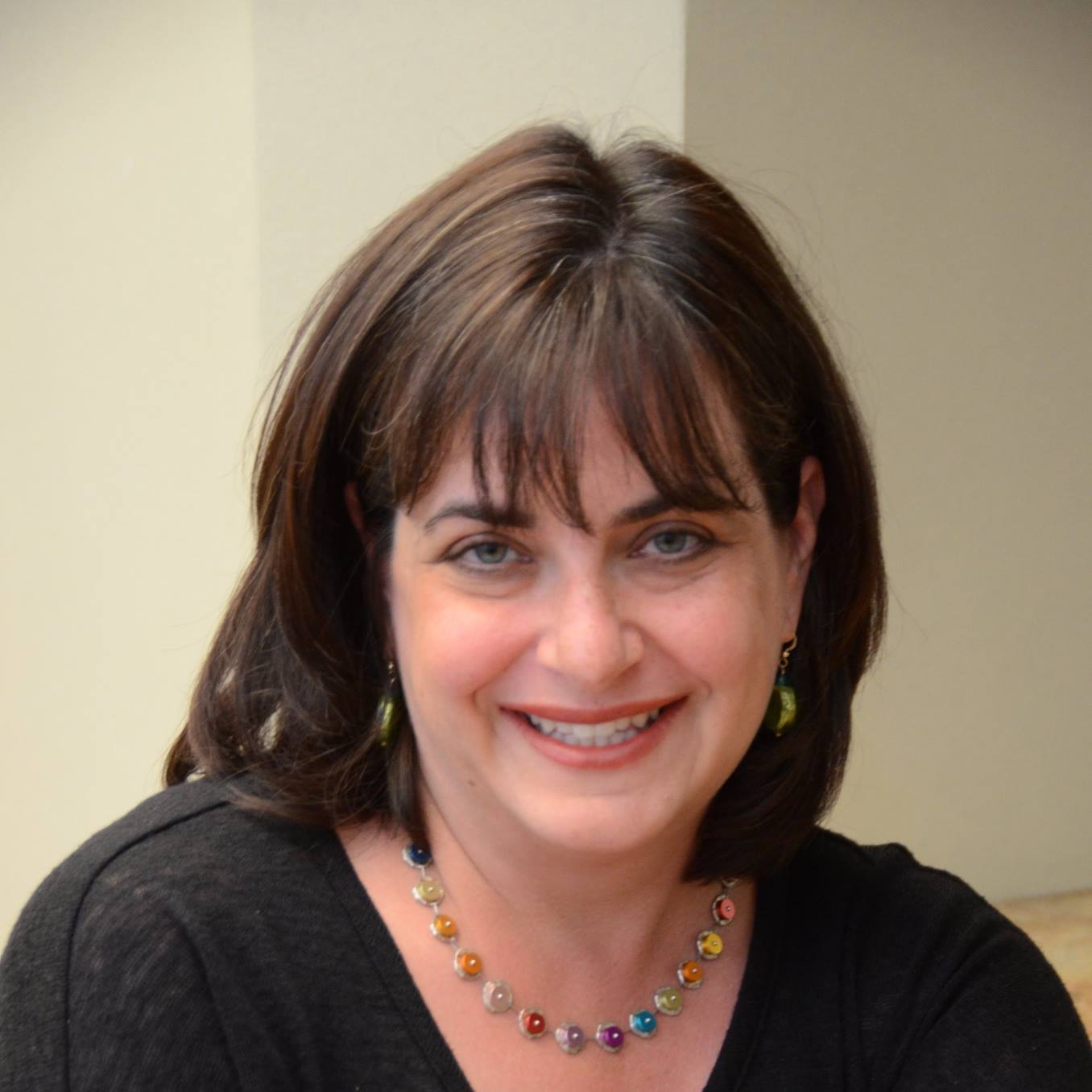Liberation is typically characterized by the arrival of Allied forces. Interviewees tell of liberation from concentration camps, or during death marches, or may describe liberation upon emergence from hiding.
He Helped Rescue Thousands from the Nazis, Then Kept His Story Quiet for Decades
In a five-hour interview with USC Shoah Foundation, Justus Rosenberg refers to himself as “small fry,” “a cog,” an unimportant person. And perhaps it was for this reason that for decades, the Bard College literature professor hadn’t let on—to his colleagues, to his students, and even, for a time, to his own wife—that he had fought and outwitted the Nazis during World War II to save thousands from persecution.
Justus Rosenberg Photos
Exploring USC Shoah Foundation's Visual History Archive
The Legacy of Resilience
Introducing the Project on Bioethics and the Holocaust: Using Testimony in Medical and Health Professions Education
Two Holocaust Survivors and Friends of USC Shoah Foundation Honored By Queen Elizabeth II
Two Holocaust survivors and friends of USC Shoah Foundation, Max Eisen and Dr. Agnes Kaposi, have been recognized by Queen Elizabeth II for their work in Holocaust education.
Eisen was appointed to the Order of Canada for his “contributions to Holocaust education, and his promotion of transformational dialogue on human rights, tolerance and respect.”
